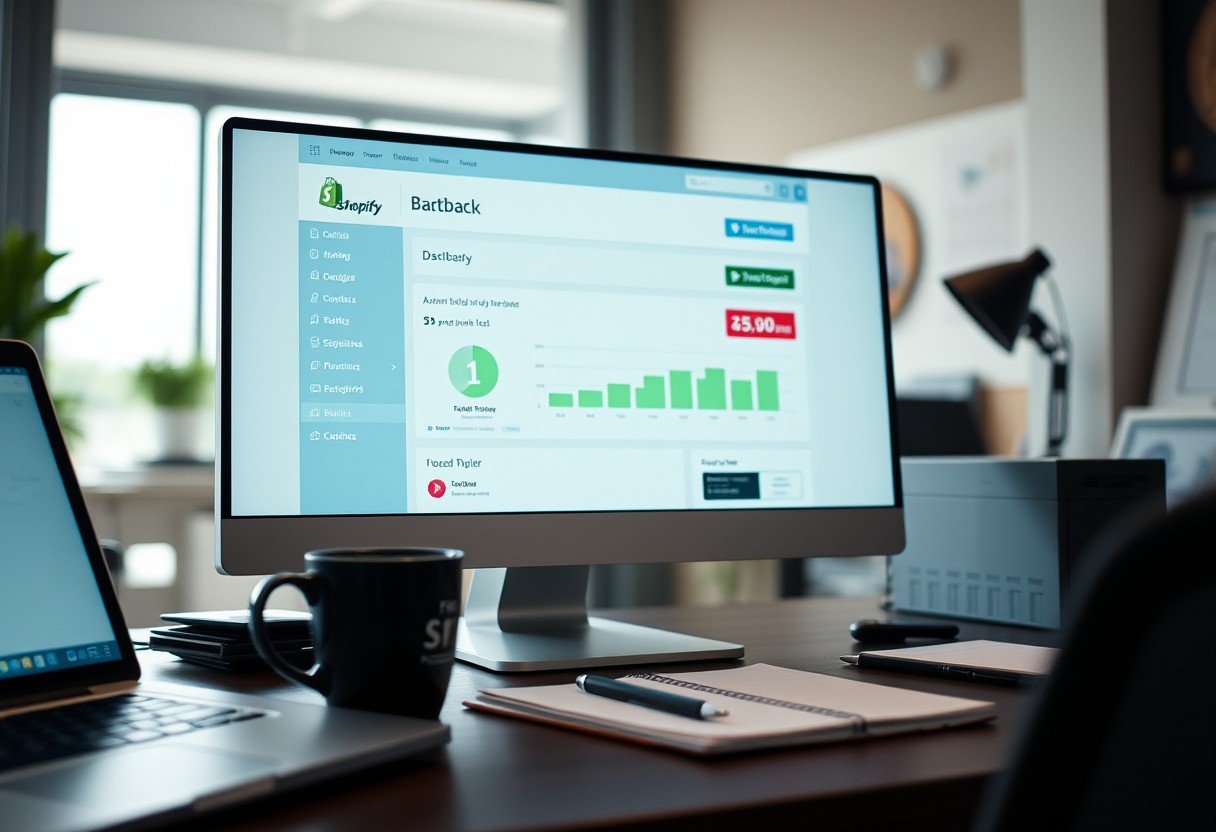Making your organic startup shine in a crowded digital world can feel like a tough challenge. With so many marketing channels available, it’s easy to feel overwhelmed. The key is to find what connects with your specific audience. This guide breaks down three essential and effective methods to help you expand your online reach, engage customers, and build a successful brand that people love and trust.
Use Banner Ads to Capture Immediate Attention
Banner ads are the rectangular advertisements you often see at the top, bottom, or sides of websites. They offer a simple yet powerful way to promote your brand. When a potential customer clicks on your ad, they are taken directly to your website, where they can explore your products and learn more about your company’s mission.
The effectiveness of this method comes from its directness and strategic placement. A well-designed banner ad quickly presents a solution to a problem your target audience might be facing. For instance, an ad for organic snacks could be placed on a health and wellness blog, catching the eye of readers already interested in a healthier lifestyle. The goal is to make the ad so relevant and helpful that clicking it feels like a natural next step for the user.
To make your banner ads work, keep the message clear and the design clean. Use compelling images of your products and a strong call-to-action, such as “Shop Now” or “Learn More.”
Establish Your Brand as an Expert with a Blog
Blogging is one of the most effective ways for an organic specialty startup to build authority and connect with customers on a deeper level. A well-maintained blog does more than just sell products; it educates, entertains, and builds a loyal community around your brand. It’s your platform to share your passion for organics and why your products are special.
An engaging blog gives people a reason to return to your site again and again. This consistent traffic is crucial for long-term growth. By providing valuable content, you set your business apart from competitors who only focus on sales. You’re not just a store; you are a trusted resource for information on a healthier, more organic lifestyle.
Think about what your ideal customer wants to know. Your blog posts can provide genuine value and subtly introduce your products as part of the solution. Some great content ideas include:
- Detailed guides on the benefits of specific organic ingredients you use.
- Creative recipes that feature your products.
- Behind-the-scenes stories about your brand’s journey and sourcing practices.
- Tips for living a more sustainable and organic lifestyle.
By consistently publishing high-quality articles, you can improve your website’s search engine ranking, making it easier for new customers to find you online.
Collaborate with Influencers to Build Trust
Social media is a vital tool, and influencer marketing is a particularly powerful strategy within it. This approach involves partnering with individuals who have a large and dedicated following on platforms like Instagram, TikTok, or YouTube. When an influencer endorses your product, their followers are more likely to trust the recommendation.
The foundation of successful influencer marketing is authenticity and trust. Followers see influencers as relatable peers, and their opinions often carry more weight than traditional advertising. Finding the right influencer is key. Look for individuals whose values and audience align perfectly with your organic brand. A wellness blogger or a family-focused creator might be a better fit than a general fashion influencer.
Building a genuine relationship with your chosen influencers is essential. Don’t just treat it as a one-time transaction. A hands-on approach, where you share your brand’s story and passion, can lead to more authentic and effective collaborations that resonate deeply with their audience.
Turn Your Website into a Lifestyle Destination
For a specialty organic business, your website should be more than just an online store. It should be a destination that people want to visit in their free time. Since organic specialty products are often tied to a lifestyle choice rather than a basic need, your site can focus on creating a desirable and inspiring experience for visitors.
Use vibrant, high-quality images, share beautiful recipes, and provide educational content that shows customers how your products can enhance their quality of life. This approach helps create a sense of community and makes customers feel invested in your brand. When people feel that connection, they are more likely to become repeat buyers and share your brand with their friends and family.
Think of your website as a digital magazine for your community. It’s a place where they can learn, get inspired, and feel like they are part of something special. This strategy builds a sustainable following that is more loyal and engaged than one built on discounts and sales alone.
Comparing Key Marketing Channels at a Glance
Choosing where to focus your efforts can be tricky. Each marketing channel has its own strengths and requirements. Understanding these differences can help you allocate your time and budget more effectively as you grow your organic startup.
Here is a simple table to help you compare the three main strategies discussed. This can guide your decision-making process based on your current resources and goals.
| Marketing Channel | Primary Goal | Typical Cost | Effort Level |
|---|---|---|---|
| Banner Ads | Brand Awareness & Direct Traffic | Low to High (Pay-Per-Click) | Low |
| Blogging | Build Authority & SEO | Low (Time Investment) | High |
| Influencer Marketing | Build Trust & Reach New Audiences | Varies (Free Product to High Fees) | Medium |
Frequently Asked Questions
What is the most important first step for an organic startup’s marketing?
The most important first step is to clearly define your target audience. Knowing exactly who you are trying to reach will help you choose the right marketing channels and create messages that truly connect with them.
How much should a new organic startup budget for digital marketing?
There’s no single answer, but a common guideline is to allocate 5-10% of your projected revenue to marketing. Start small with one or two channels, measure your results, and then adjust your budget as you learn what works best for your brand.
How long does it take to see results from blogging?
Blogging is a long-term strategy. It can take 3 to 6 months of consistent, high-quality posting to start seeing significant organic traffic and an improvement in search engine rankings. Patience and consistency are key.
Are banner ads still effective today?
Yes, banner ads can still be very effective, especially for brand awareness and retargeting campaigns. Their success depends heavily on great design, a compelling message, and precise targeting to ensure they are shown to a relevant audience.
How do I find the right influencers for my organic brand?
Look for influencers in the health, wellness, sustainability, or food niches. Check their engagement rates, read their comments to understand their audience, and ensure their personal brand values align with your company’s mission.
Can I manage all these marketing efforts by myself?
In the beginning, many startup founders manage their own marketing. Start by focusing on one or two strategies you can handle well, like a blog and one social media platform. As your business grows, you can consider hiring a freelancer or a small agency to help.







Leave a Comment